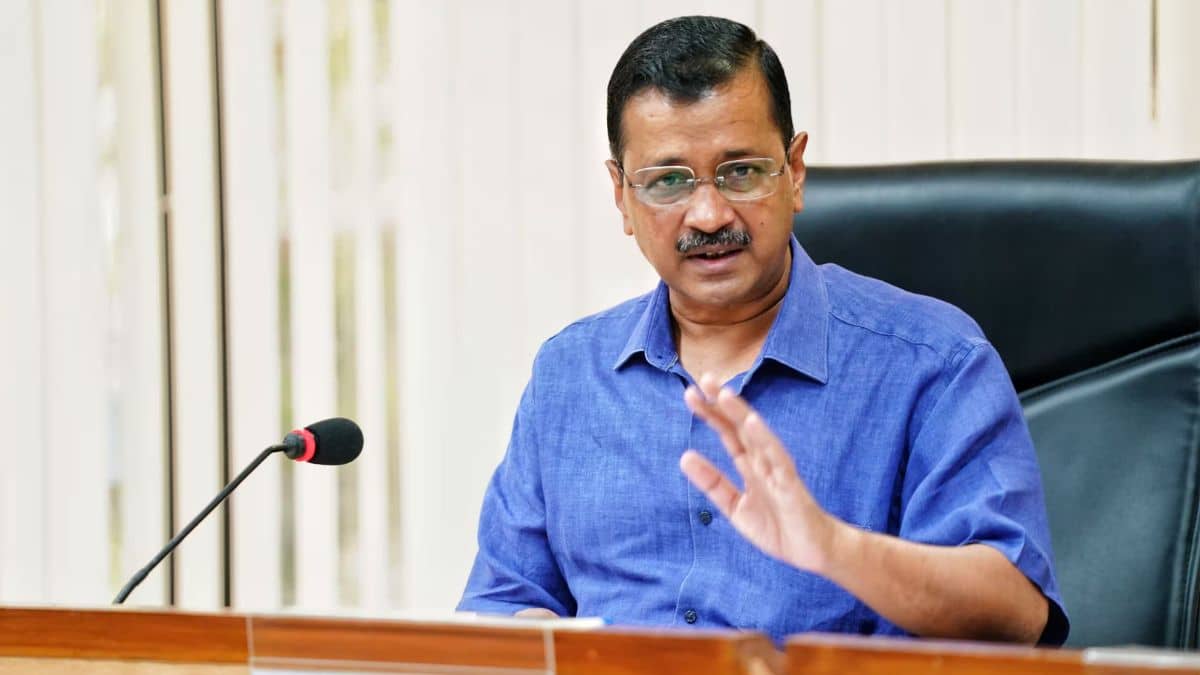The Aam Aadmi Party (AAP) is facing mounting legal troubles as the Enforcement Directorate (ED) has approached the Delhi High Court seeking to make the party an accused in the money laundering case related to the excise scam. This development comes on the heels of AAP’s national convener and Delhi Chief Minister Arvind Kejriwal’s recent arrest and subsequent interim bail in the same case.
The Case
The excise scam, which erupted in July 2022, revolves around alleged irregularities in the formulation and implementation of the new excise policy introduced by the AAP government in November 2021. The policy, aimed at reforming the liquor trade in the national capital, was eventually scrapped amidst allegations of corruption, favouritism, and kickbacks.
The Central Bureau of Investigation (CBI) initiated a probe into the matter, leading to the arrest of several individuals, including Manish Sisodia and several bureaucrats and businessmen. The CBI’s investigation revealed alleged irregularities such as granting licenses to private players on favourable terms, the involvement of middlemen, and potential kickbacks.
Parallel to the CBI’s investigation, the ED launched a money laundering probe into the alleged diversion of funds and the potential generation of proceeds of crime. The agency has been scrutinizing financial transactions, bank accounts, and the flow of money related to the excise policy’s implementation.
The ED approached the Delhi High Court seeking to make the AAP a party to the money laundering case. The agency believes that the party may have been a beneficiary of the alleged proceeds of crime generated through the excise policy irregularities, citing various pieces of evidence, including financial trials and statements from individuals involved in the case.
After spending a night in custody, Kejriwal was granted interim bail by a special CBI court on May 7, 2023. However, the court imposed stringent conditions, including a bail bond of Rs. 1 lakh and the surrendering of his passport. Kejriwal has maintained his innocence and accused the BJP-led central government of misusing investigative agencies for political gains.
The legal troubles for the AAP and its leadership were already deep since Arvind Kejriwal, the party’s national convener and Delhi Chief Minister, was arrested by the CBI right before the 2024 Elections. Kejriwal’s arrest sparked widespread protests by AAP supporters, who accused the central agencies of pursuing a political vendetta against the party. The Delhi CM was granted interim bail on May 10. The bail has been extended to Kejriwal till June 1, 2024.
AAP’s Accusations
The AAP has vehemently denied any wrongdoing and accused the central agencies of pursuing a political vendetta against the party at the behest of the ruling Bharatiya Janata Party (BJP) government at the centre. However, the ED’s move to involve the party directly in the money laundering case and Kejriwal’s recent arrest could have far-reaching implications for the AAP’s political future.
As the legal battle unfolds in the Delhi High Court and the investigations continue, all eyes will be on the proceedings and the evidence presented by the ED to substantiate its claims against the AAP. The court’s decision to make the party an accused in the money laundering case, coupled with the ongoing legal proceedings against Kejriwal and other AAP leaders, could have significant ramifications for the party’s political fortunes and the broader dynamics of the excise scam saga.

